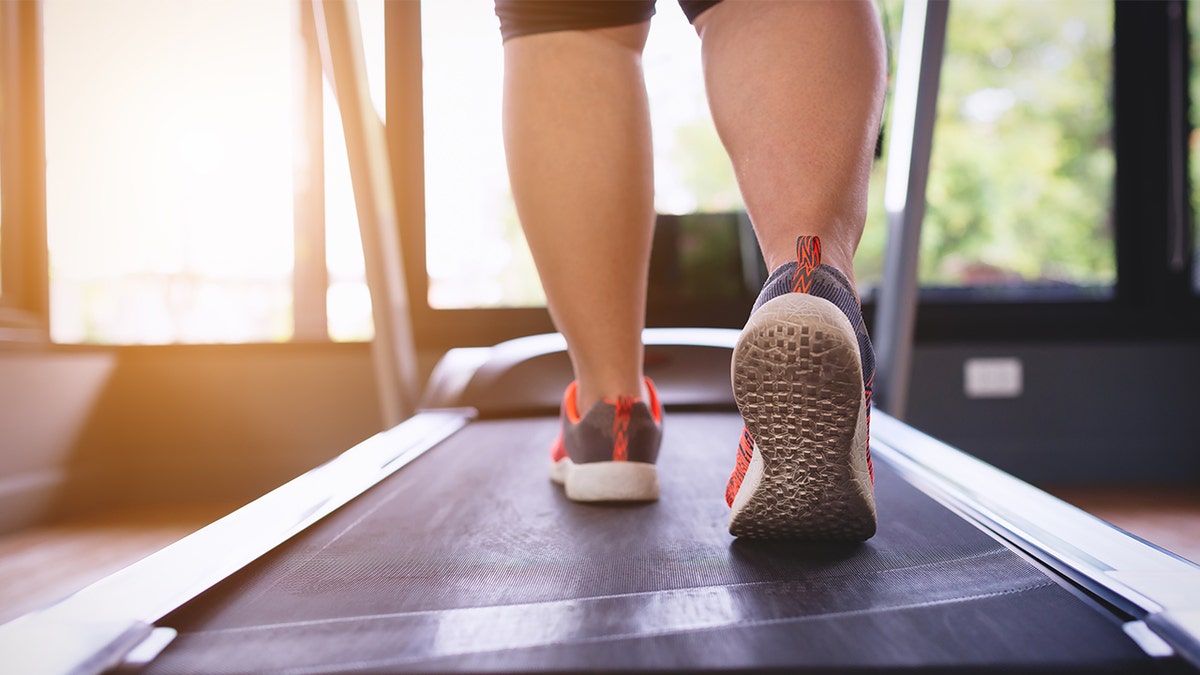
The success of any surgery depends not only on the skill of the surgeon, but also on the patient’s adherence to the proper steps before the procedure.
“Surgery requires a lot of time preparing and can be taxing both mentally and physically,” Dr. Konstantin Vasyukevic, a New York-based plastic surgeon, told Fox News Digital.
He said he hoped that “being cognizant of the preparation in advance” would lead “to less anxiety and stress.”
TOP PLASTIC SURGERIES: THESE WERE THE MOST IN-DEMAND PROCEDURES IN 2022
Vasyukevic, along with Dr. Peter Lee, CEO and chief surgeon at Wave Plastic Surgery & Aesthetic Laser Center in Los Angeles, California, shared with Fox News Digital some of the most important tips for patients to follow before undergoing any type of surgery.
Here are there tips.

Dr. Konstantin Vasyukevic (left) and Dr. Peter Lee (right) shared with Fox News Digital some of the most important tips for patients to follow before undergoing any type of surgery. (Dr. Konstantin Vasyukevic; iStock; Dr. Peter Lee)
1. Stop smoking 4 weeks before surgery if you are a smoker
Smoking affects blood flow by causing constriction of blood vessels, Lee warned.
Reduced blood flow can lead to decreased oxygen delivery to surgical sites, which can impair wound healing.
WHAT TO KNOW ABOUT THE NECK-SLIMMING PLASTIC SURGERY TREND
“Additionally, chemicals in tobacco can interfere with the body’s ability to fight off infections,” Lee said.
“This makes smokers more prone to post-operative complications like wound infections, delayed wound healing and scarring.”
Vaping carries risks similar to cigarette smoking, Lee added.
2. Exercise to prepare your body for surgery and recovery
Regular exercise helps to improve cardiovascular health, lung capacity and overall physical endurance, according to Lee.

Regular exercise helps to improve cardiovascular health, lung capacity and overall physical endurance, a doctor told Fox News Digital. (iStock)
“A fitter body can better cope with the stress of surgery and can lead to a faster post-operative recovery,” he said.
“Muscle tone and flexibility can also aid in quicker mobilization after certain procedures, reducing the risk of post-op complications like blood clots or pneumonia.”
Regular exercise could increase the number of red blood cells, which are important for oxygen transport. It also improves blood flow to the tissue, Vasyukevic noted.
RUNNING COULD EASE DEPRESSION AS MUCH AS MEDICATION, STUDY FINDS: ‘EXTEND THE TREATMENT ARSENAL’
“Regular blood circulation will be a critical aspect in postoperative recovery,” he said.
“Those who work out routinely tend to have better immune systems, and this is important for fighting off any potential infections.”
3. Eat healthy foods with plenty of protein
Protein is essential for optimizing the body’s capacity for wound healing after an operation, Vasyukevic said.
PROGRESS FOR PARALYZED PATIENTS: FIRST IMPLANTED DEVICE IS PLACED TO RESTORE ARM, HAND AND FINGER MOVEMENT
Lee added that eating a protein-rich diet “ensures that the body has the necessary building blocks to repair surgical sites effectively.”
“Vitamins and minerals, like vitamin C and zinc, also play a role in collagen synthesis and immune function, respectively, both of which are crucial for recovery,” he said.

Protein is essential for optimizing the body’s capacity for wound healing after an operation, a doctor said. (iStock)
Below are some of the protein-rich foods that Lee recommends eating before surgery:
- Lean meat such as chicken, turkey and lean pork and beef
- Egg products (yolk also contains essential vitamins and minerals)
- Dairy products such as milk, cheese and yogurt
- Nuts and seeds (almonds, walnuts and chia seeds in particular)
- Tofu and tempeh
- Bean products
4. Stop intake of all alcohol and supplements
Vasyukevic recommended cutting out alcohol, as well as any herbal or over-the-counter supplements, at least two weeks prior to surgery.

Doctors recommend cutting out alcohol, as well as any herbal or over-the-counter supplements, at least two weeks prior to surgery. (iStock)
“Alcohol can have a blood-thinning effect and needs to be stopped prior to surgery,” he told Fox News Digital.
“If you don’t stop your alcohol intake prior to surgery, you may interfere with your blood flow and prompt blood clotting, which can lead to complications during surgery as well as after,” he noted.
CLICK HERE TO SIGN UP FOR OUR HEALTH NEWSLETTER
Many supplements can interfere with medications, clotting mechanisms and blood pressure, Lee said.
For example, supplements like ginkgo biloba, ginseng and garlic might increase bleeding risks, while others, like St. John’s wort, can interfere with anesthesia, he said.
5. Get a specialist’s signoff if needed
If you have underlying medical conditions, such as heart disease, diabetes or respiratory issues, you might need additional assessments from a specialist to determine whether you’re fit for surgery.

If you have underlying medical conditions, such as heart disease, diabetes or respiratory issues, you might need additional assessments from a specialist to determine whether you’re fit for surgery. (iStock)
“This can include blood tests, ECGs, chest X-rays or consultations with specialists,” Lee said.
Ensuring that a patient is medically fit for surgery minimizes the risk of complications during and after the procedure, he added.
CLICK HERE TO GET THE FOX NEWS APP
“Decisions about blood work and medical clearance would depend on the type of surgery and the nature of the medical problem,” Vasyukevic said.
“The surgeon will advise the patient on what would be the safest way to proceed.”
For more Health articles, visit www.foxnews.com/health.

 Latest Breaking News Online News Portal
Latest Breaking News Online News Portal




